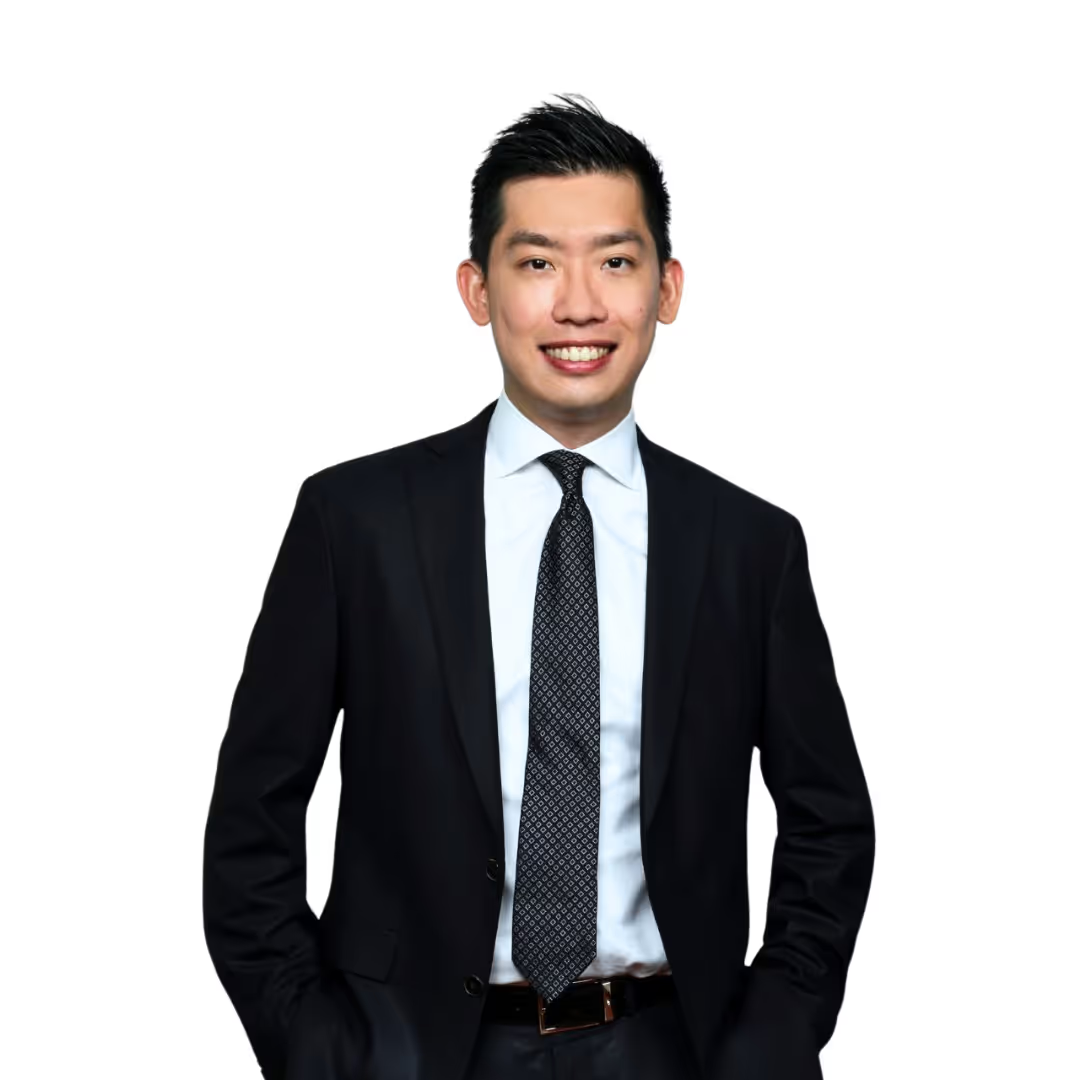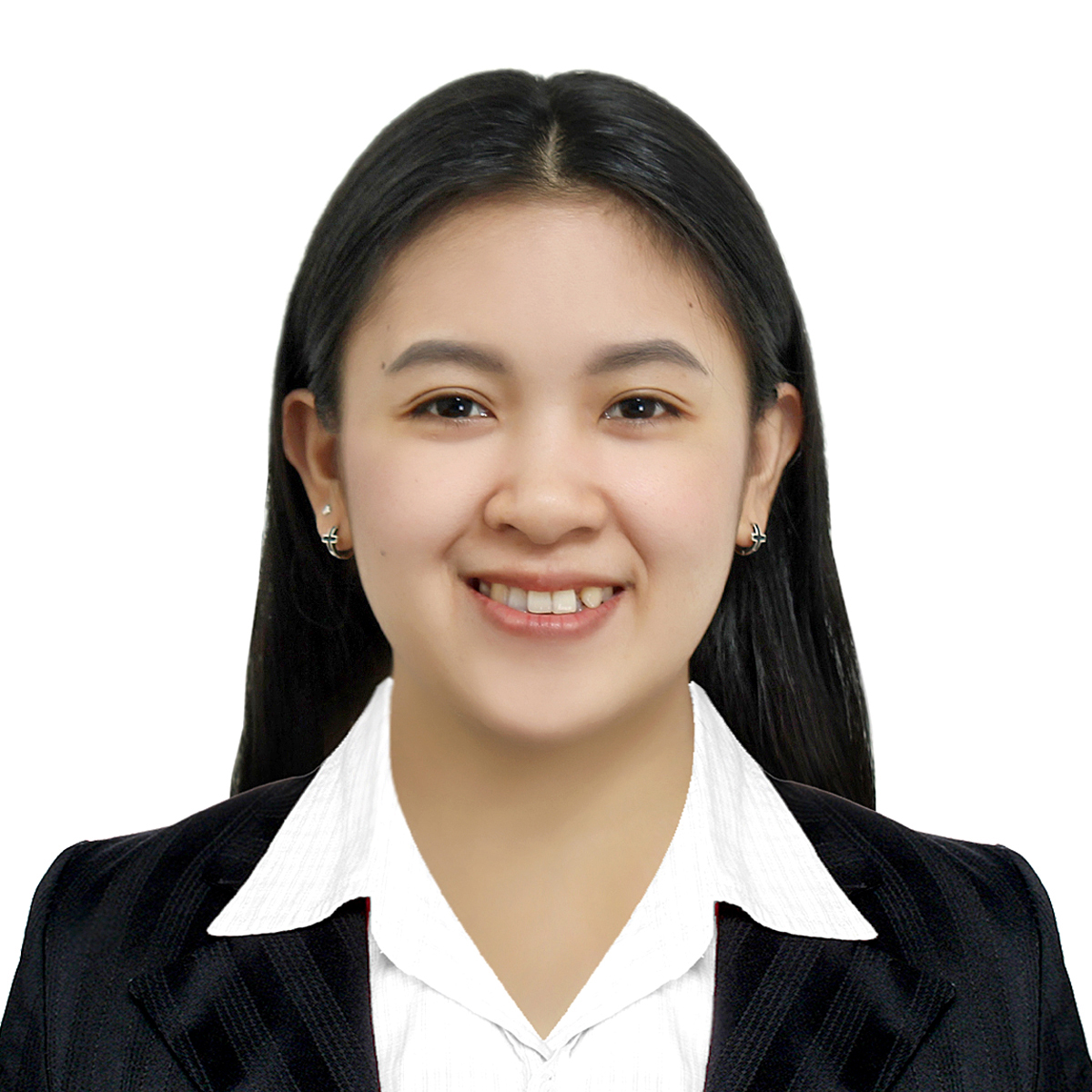Strategic Education. Residency Secured.
We are migration law experts first. We don't just find you a course; we architect your entire education-to-migration journey, ensuring every choice is a strategic step towards your permanent residency in Australia.

Our Australian Institution Network
Why Settle for less?
Anyone can enrol you in a school. Only a migration expert can design a pathway that withstands policy changes. We safeguard your future by integrating legal foresight into your academic plan.
Visa Success Rate
Institution Network
Client Satisfaction Focus
Migration-First Course Strategy
We start with your end goal (PR) and work backwards, selecting courses that are in high demand and on the skilled occupation lists.
Budget & Value Optimisation
Maximise your investment. We find the right institutions that balance prestige, cost, and, most importantly, migration outcomes.
Complex Case Specialists
Our legal team excels where others fail. We manage complex cases, including visa refusals and skills gap analysis, turning obstacles into clear pathways.
End-to-End Journey Management
We seamlessly manage your entire visa journey: from the initial Student Visa (500) to the Post-Study Work Visa (485) and the final PR application.
Featured Migration Projects
We design bespoke projects targeting specific migration needs and opportunities. Find the one that's built for you.
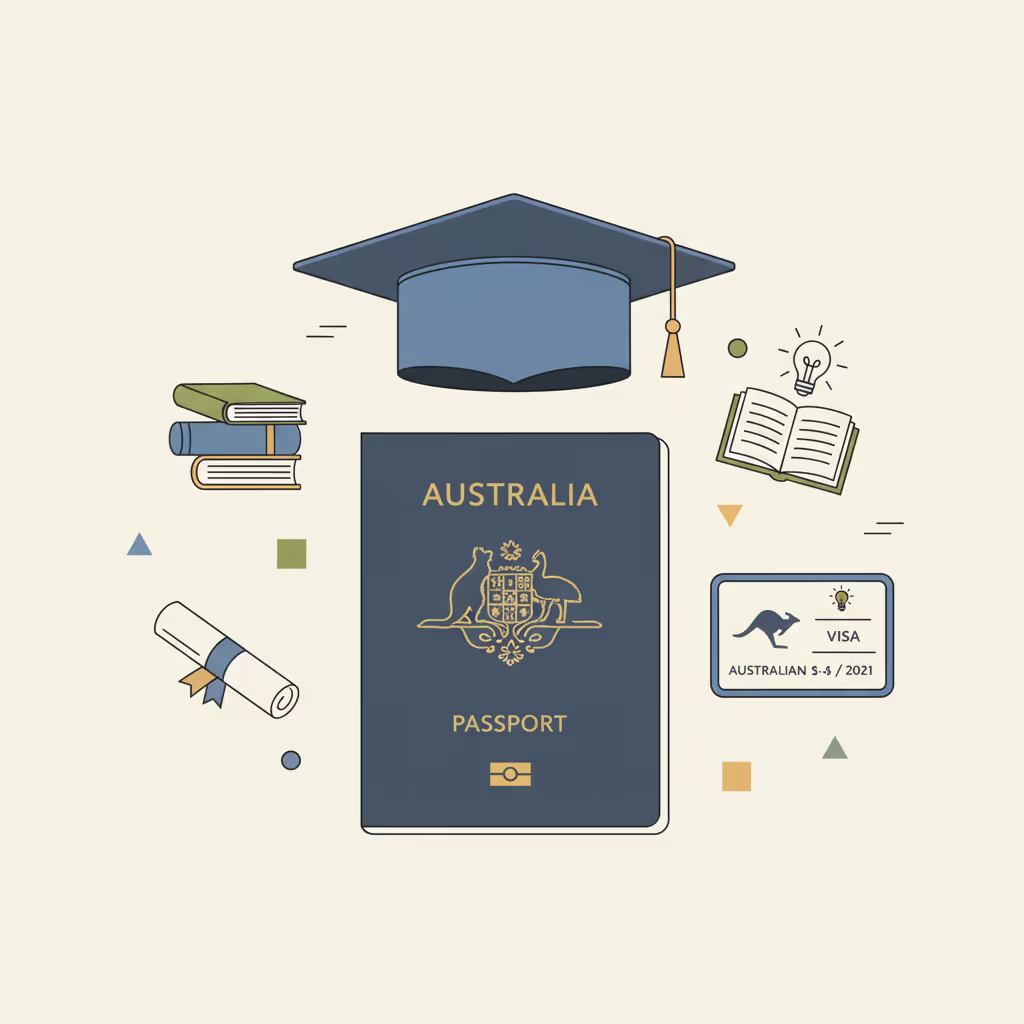
Onshore Further Studies & Transitions
For students already in Australia. We strategically manage your next visa and course (e.g., Master's, PhD, or VET) to enhance your skills and PR prospects.

Skilled Migration VET Training
Targeted VET courses (e.g., trades, cookery) designed to get you job-ready, pass your skills assessment, and qualify for GSM or 482 sponsorship.

GSM & 482 Skills Gap Filling
Not eligible yet? We identify the precise gaps in your profile and recommend accredited PY, VET, or short courses to secure your points or 482 eligibility.
Access Australia's Elite Universities & Specialist Colleges..
Our vast network includes the prestigious Group of Eight (Go8) universities, skills-focused TAFEs, and specialist colleges across Australia.
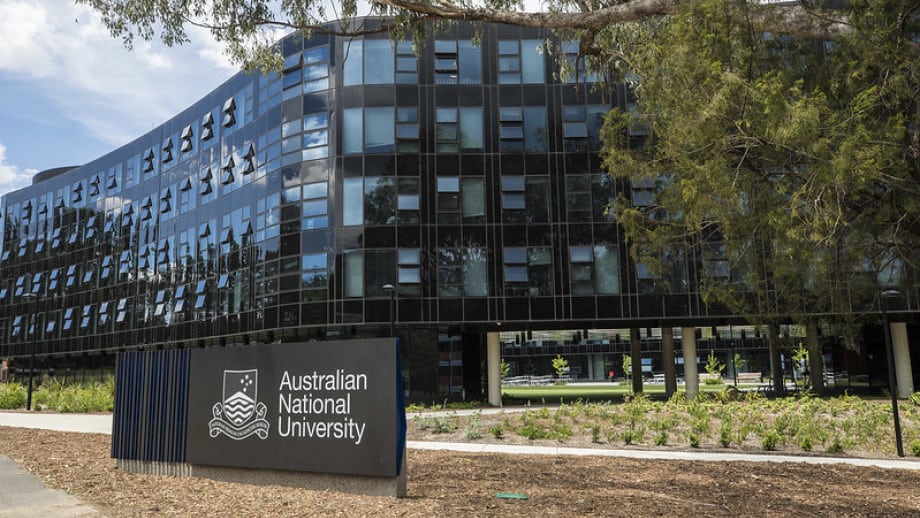
The Australian National University (ANU)
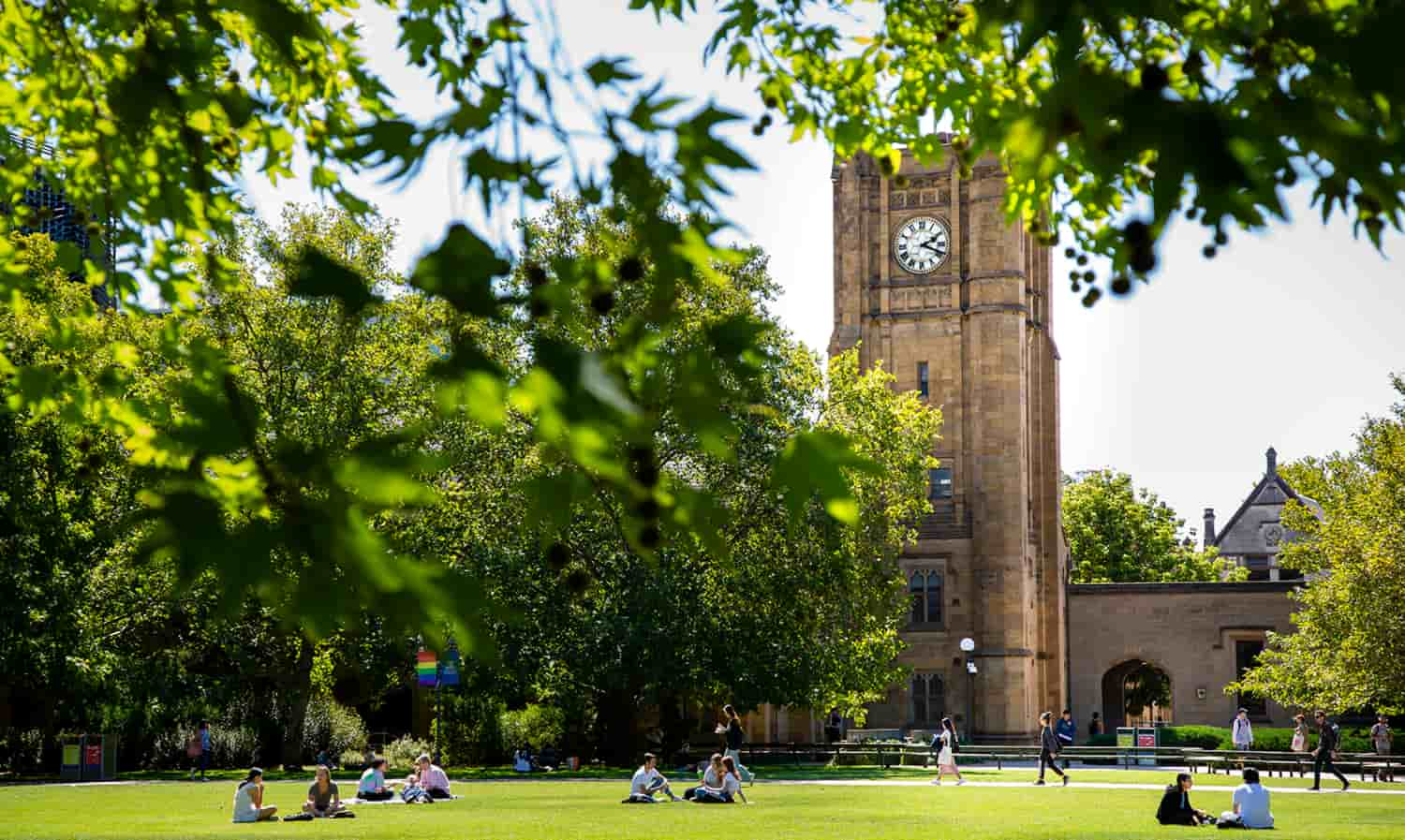
The University of Melbourne
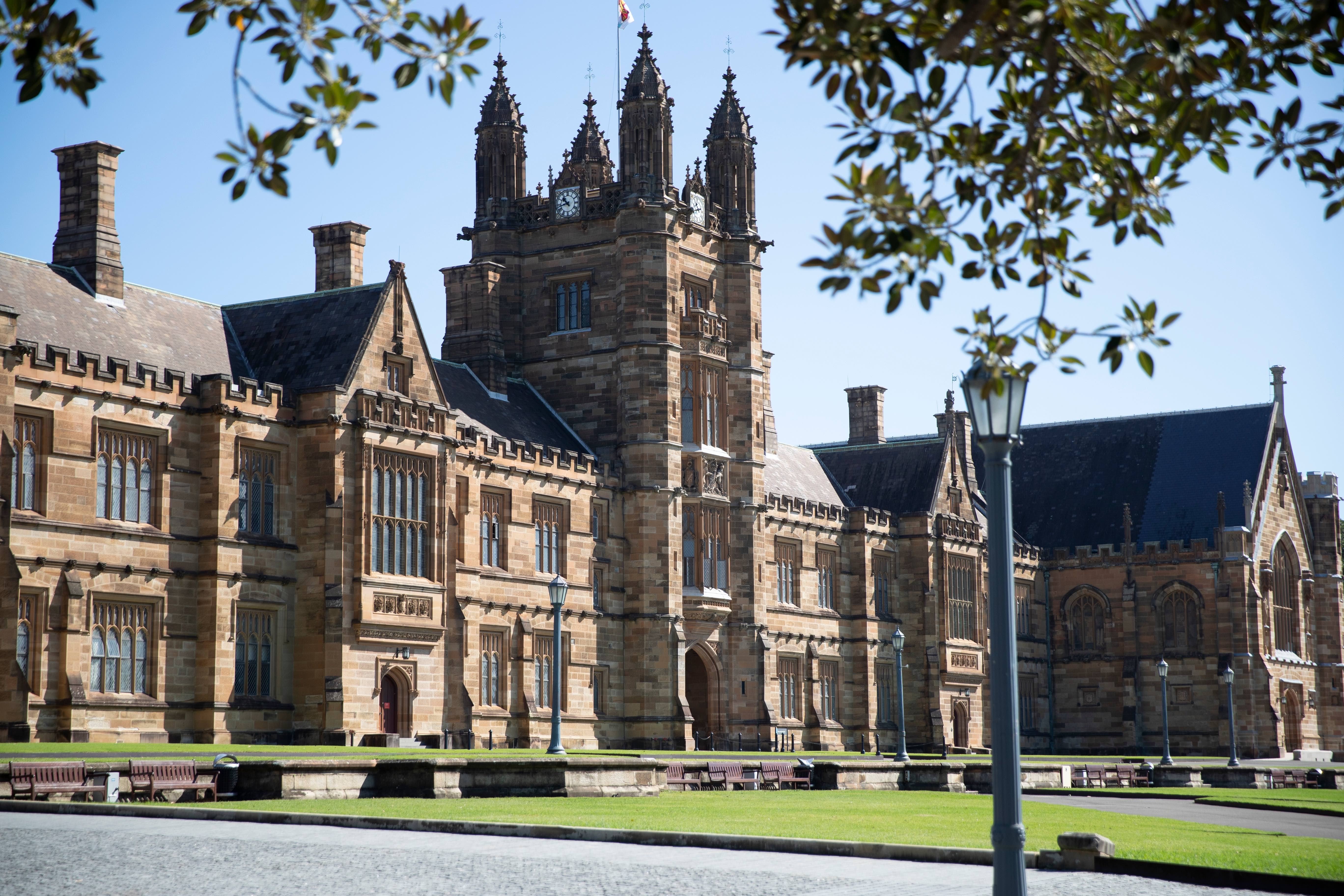
The University of Sydney
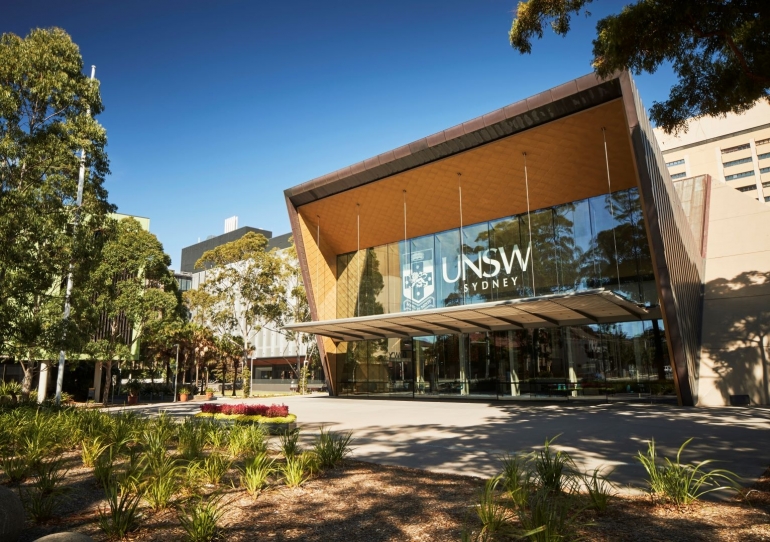
UNSW Sydney (The University of New South Wales)
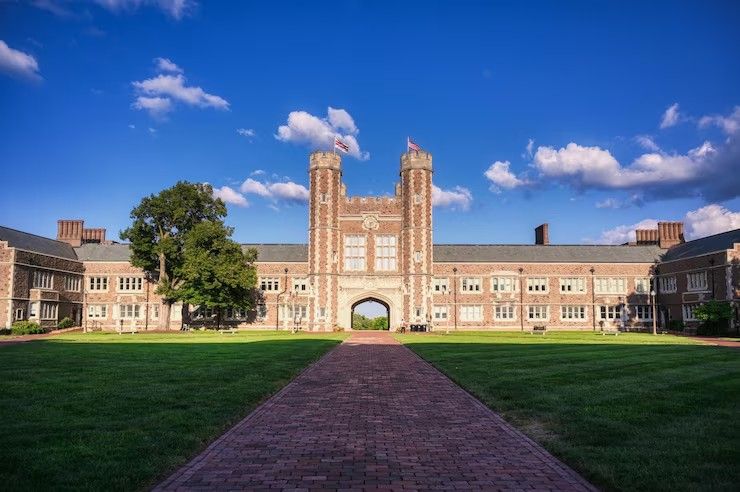
The University of Queensland (UQ)
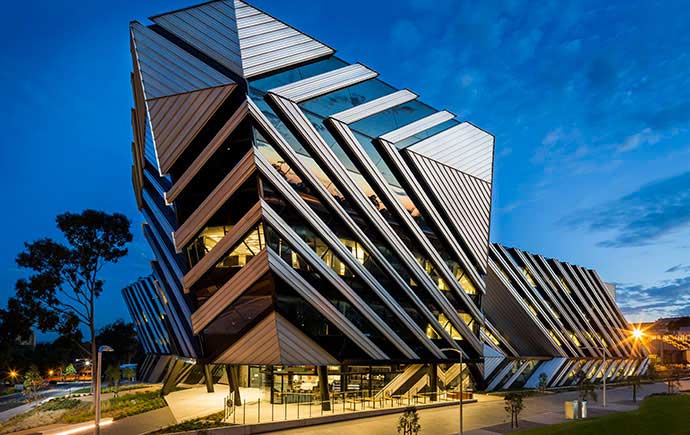
Monash University
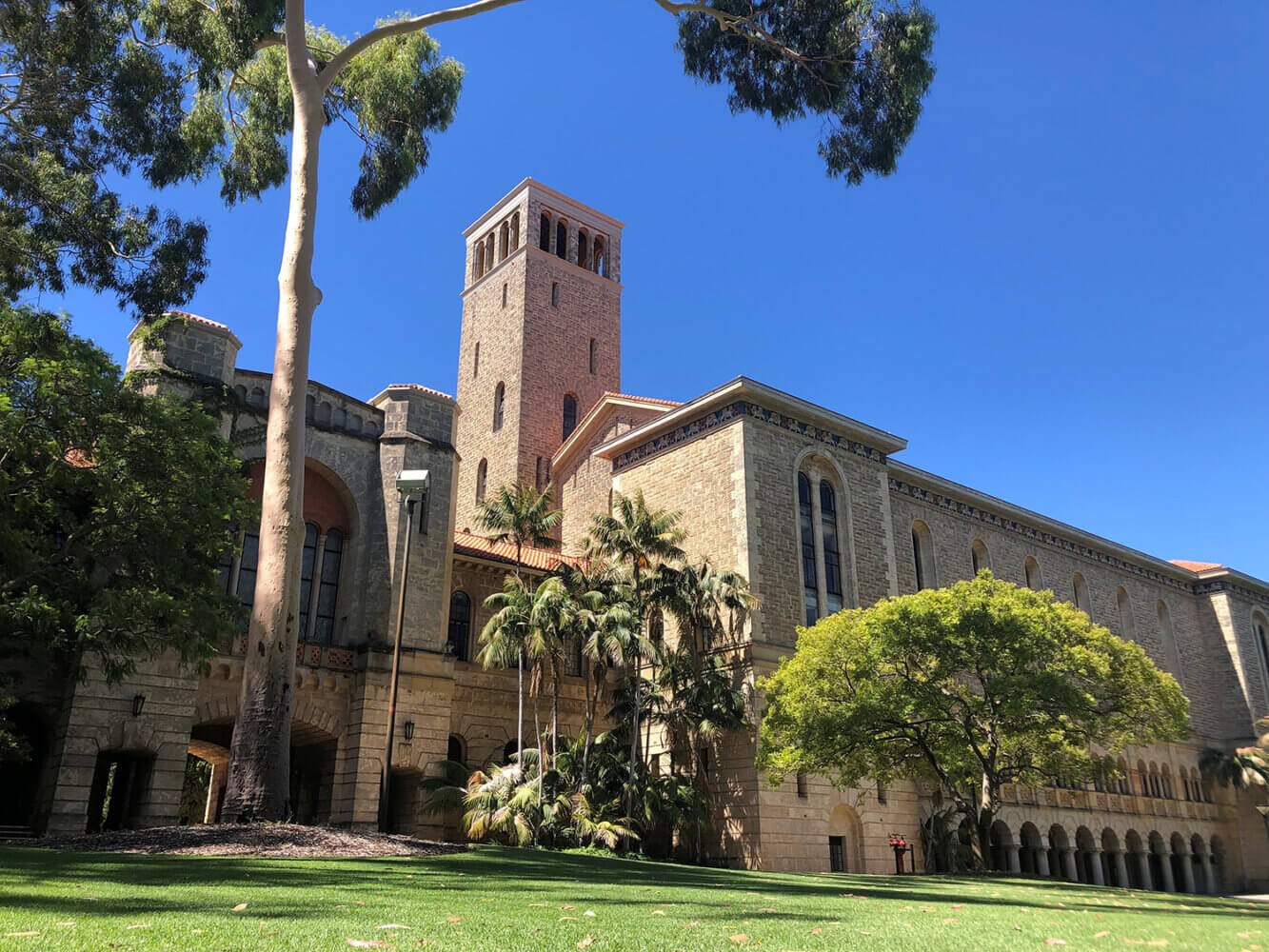
The University of Western Australia (UWA)
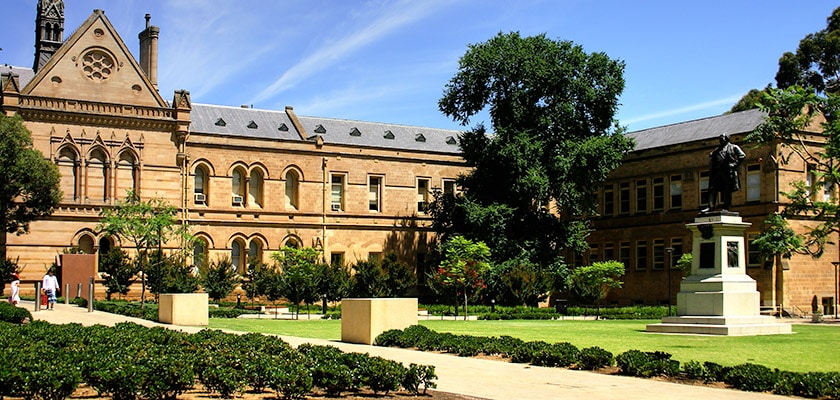
The University of Adelaide
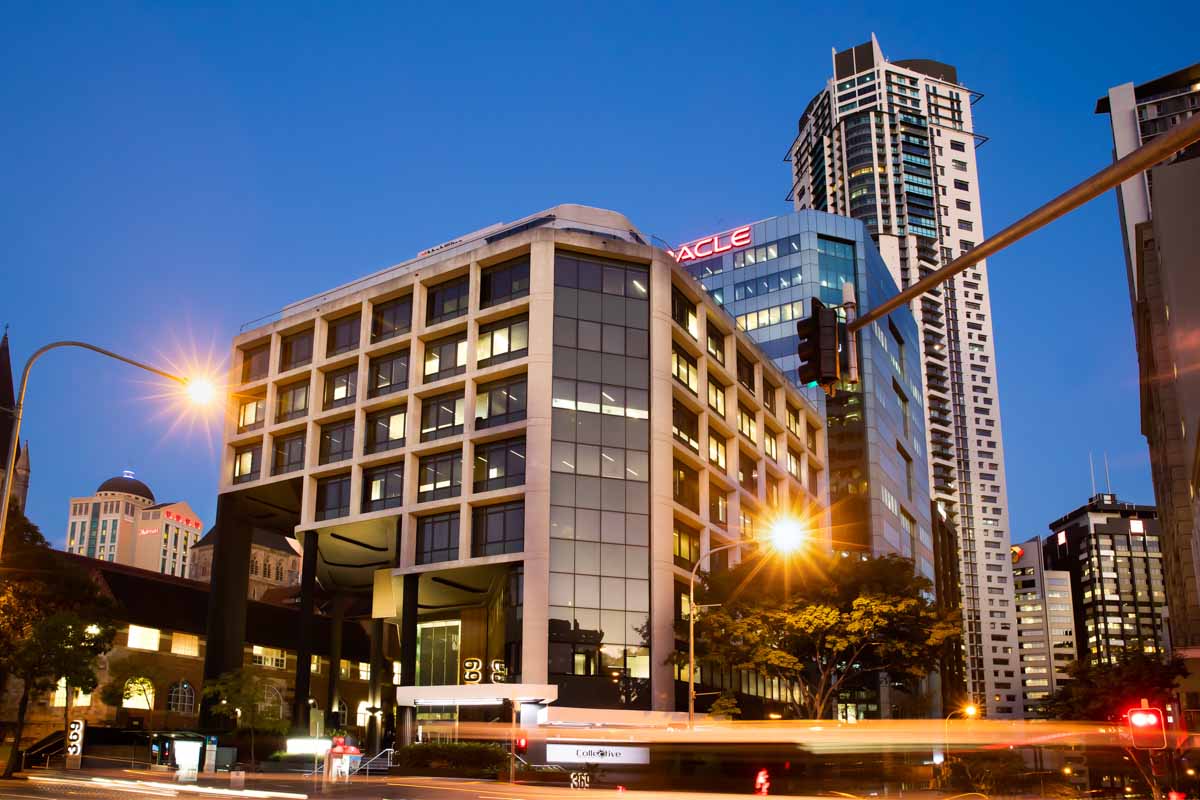
Kaplan Business School (KBS)
Your questions, answered
Key insights into the strategic study-to-migration pathway.
We connect course selection with long-term migration goals to ensure your study choice leads to real PR opportunities.
Every recommendation is backed by migration policy insight — we align your studies with in-demand skills for the best PR outcome.
A skills gap means your background doesn’t yet meet Australia’s skilled occupation standards — studying the right course helps bridge that gap.
Yes. We design compliant, strategic study plans that help you transition smoothly and prepare for future visas.
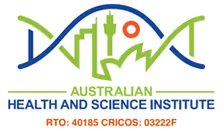
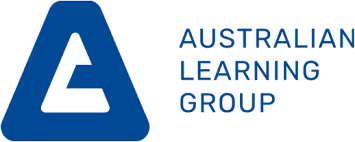
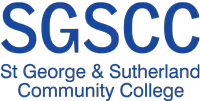
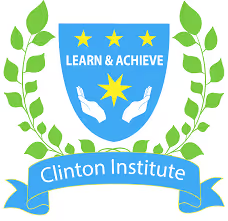

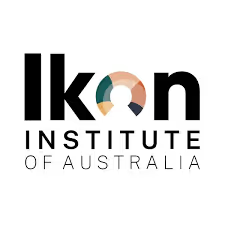
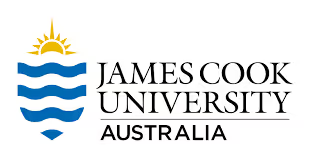
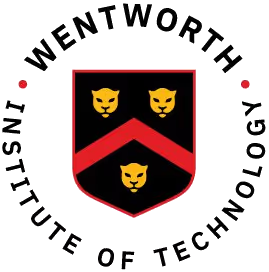
.avif)
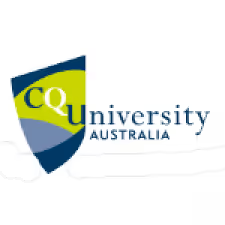





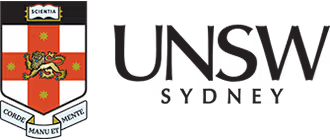
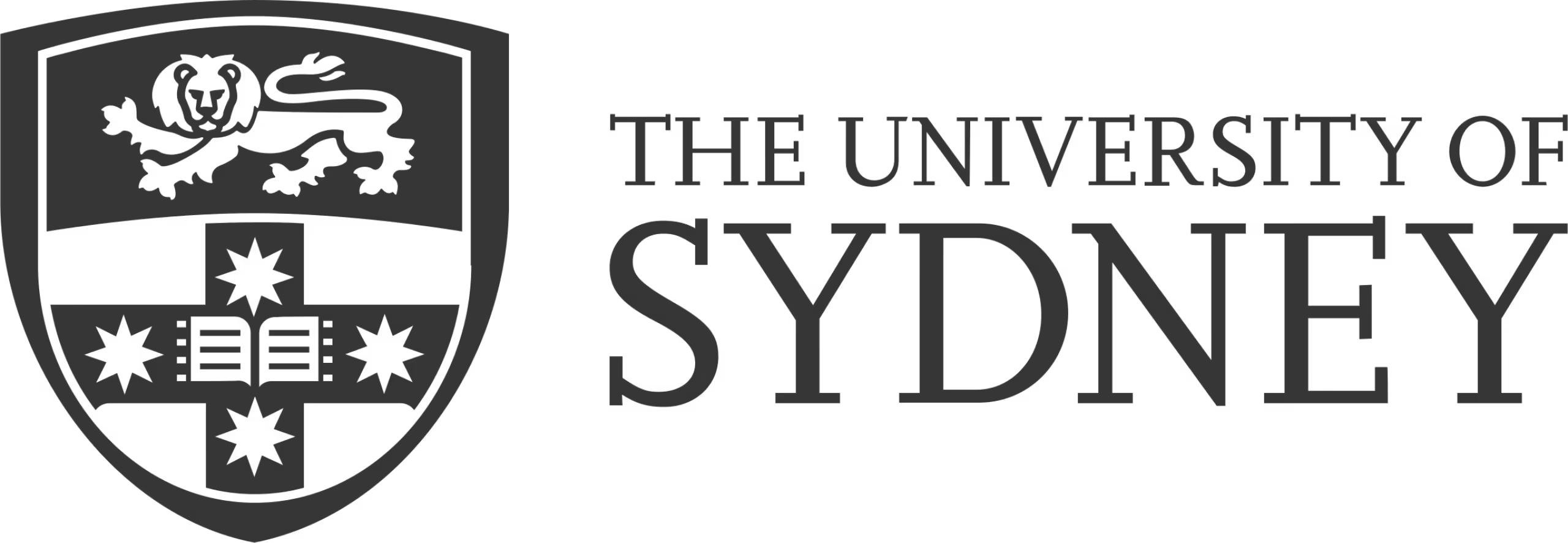
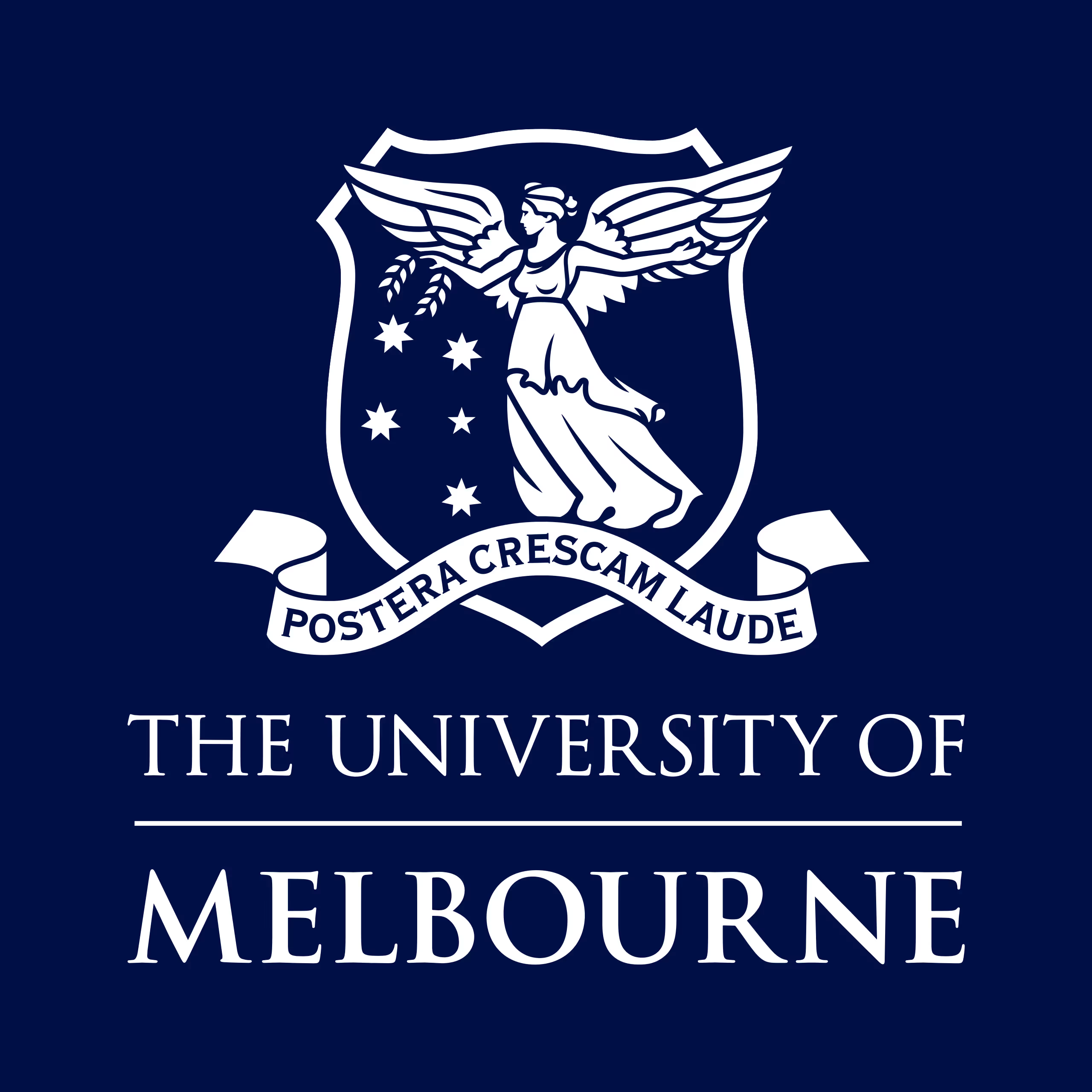
.svg.avif)

